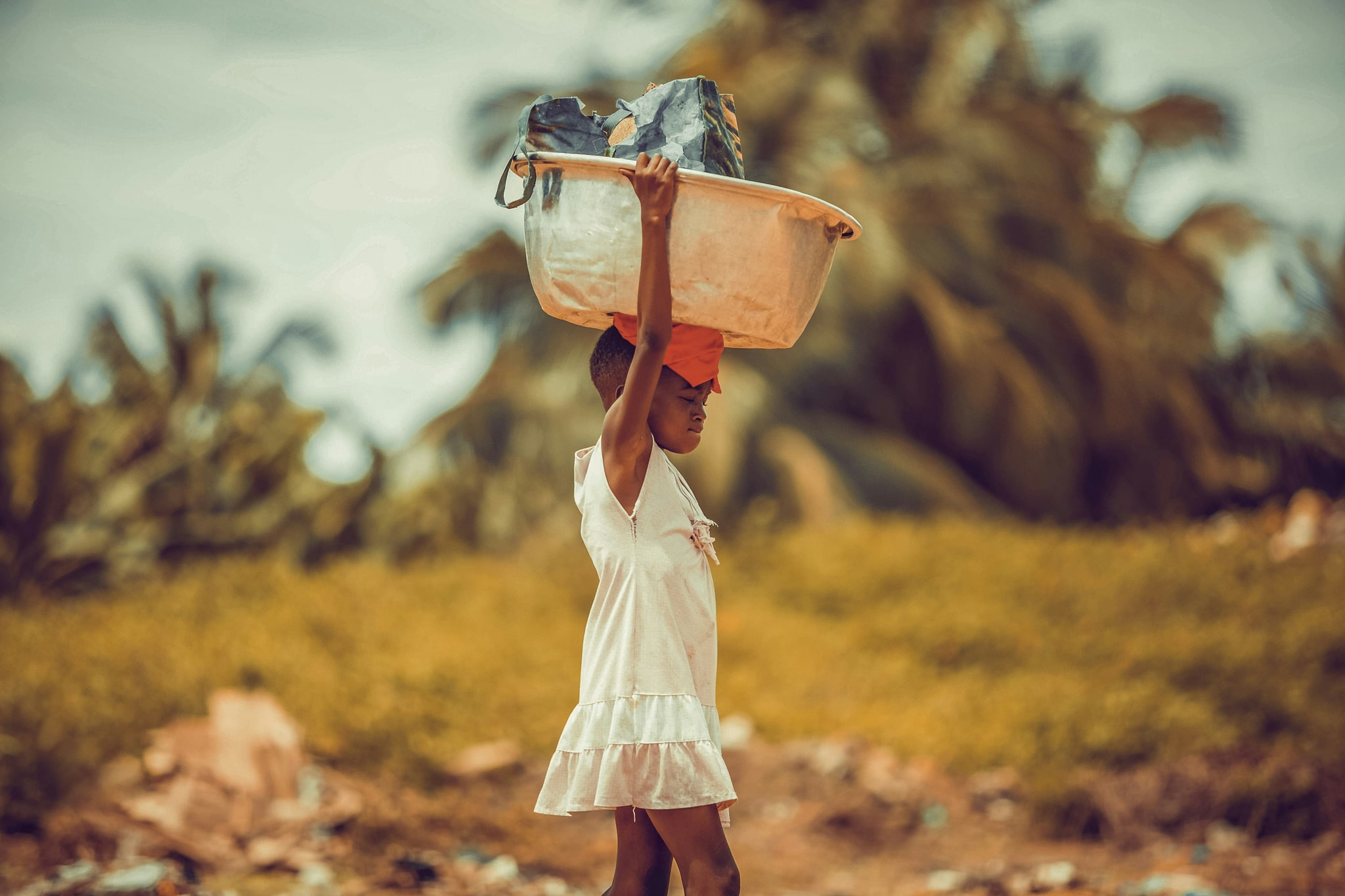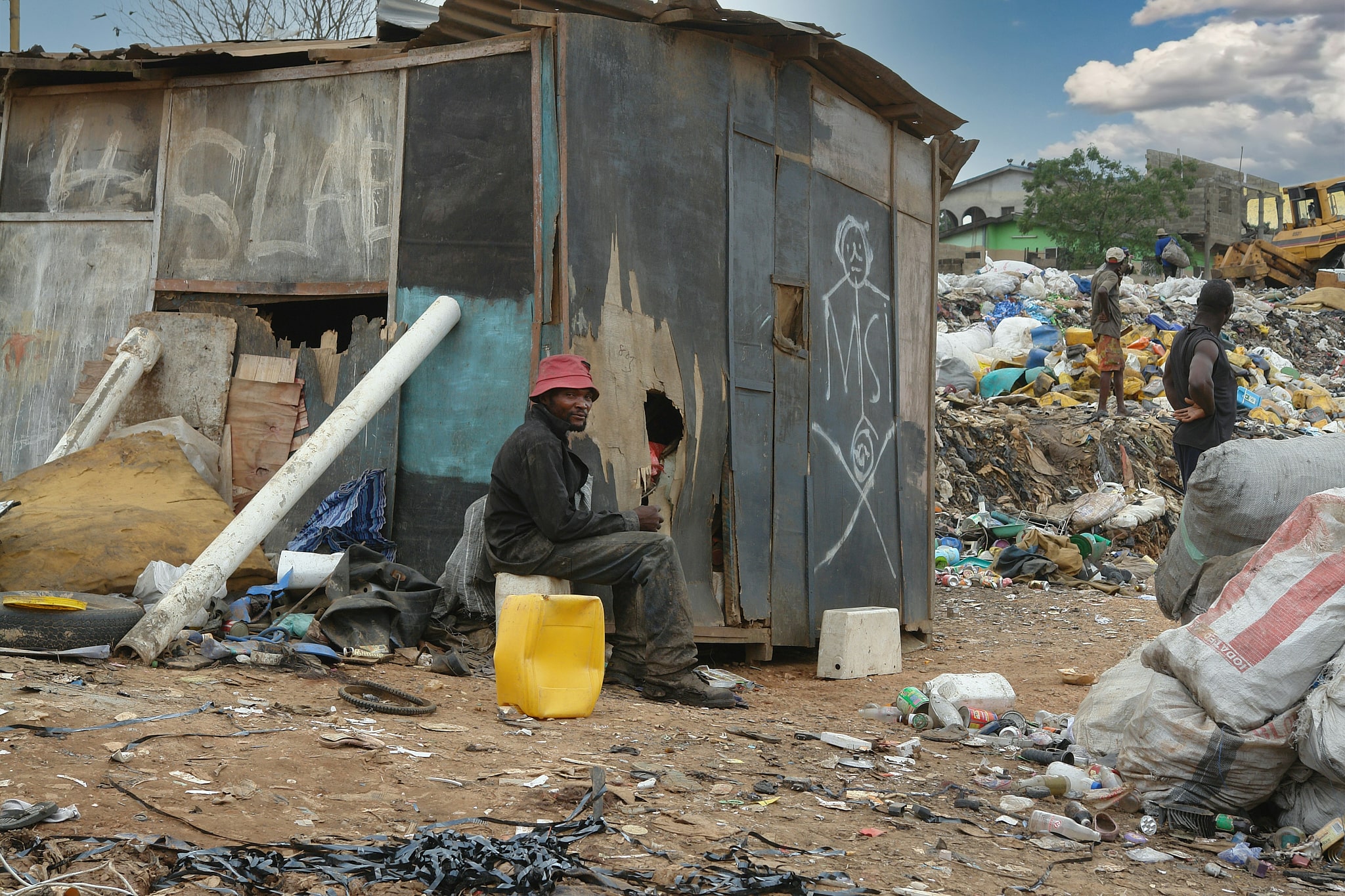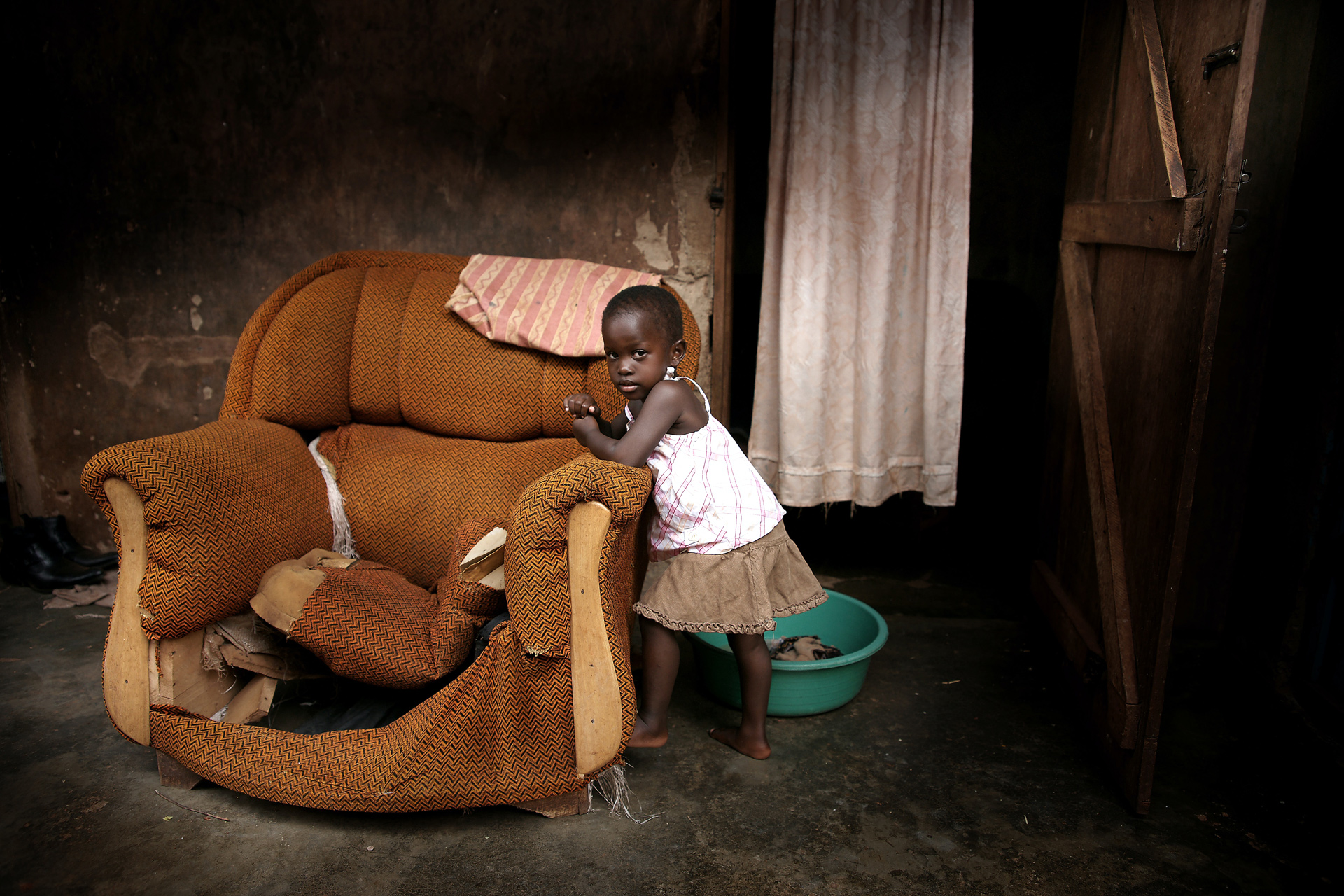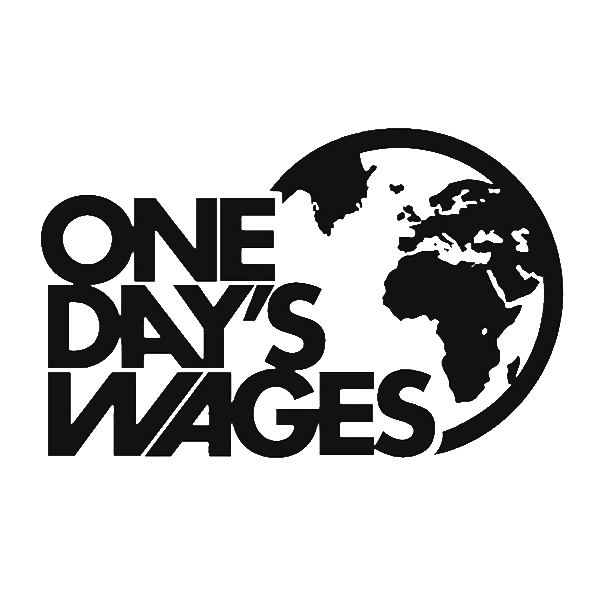How we got here.
The Power of Love Foundation is a secular US non-profit organization founded in 2002 by three friends; Suresh Subramanian, Alka Subramanian, and Ellen Furnari. The founders left their jobs in business and academia to build an innovative community-based approach to combat HIV and AIDS in sub-Saharan Africa. Since then, the work that began in the slums of Kenya and Zambia has expanded to India and, along with AIDS, to the urgent issues of women’s health and responding to the devastating health impacts of climate change.

Our Vision
In our vision, slums and poor communities cease to be pockets of neglect; they transform into vibrant, resilient communities. We see a world where Health Flourishes, Safe Spaces Emerge, Education Empowers, Maternal and Child Well-Being Prevails.
In our envisioned community, women stand at the heart of progress. We see a future where women are not just participants; they are economic architects, and every woman has access to resources, training, and mentorship to build her future.
In this vision, slums cease to be forgotten corners; they emerge as vibrant ecosystems where health, safety, and women’s rights intersect.

Foundation Facts
1,250
Children with HIV cared for
2000
Women loan grantees
8100
Zero pollution stoves distributed
200,000
Women enrolled in maternal care
60,000
Treated malaria nets provided

Women are the architects of the future of slums
What We Do
Our work in the slums of Kenya and Zambia started 21 years ago to address the AIDS epidemic. Those were days when anti-retroviral medications were in intermittent supply, the public health systems in sub-Saharan Africa were stretched and an entire generation was being wiped out of existence. Countries like Zambia saw their life expectancy drop to 39 years!
We learned then that the long-term solution to the HIV and AIDS crisis lay within the community itself. Working with the local public health clinics, strengthening the family, empowering the women, and making them economically resilient was necessary to allow the drugs and medical care to take effect and slow down the epidemic.
We further learned the value of taking a comprehensive view of the problem and addressing as many pieces of the solution as possible, to ensure that any gains the community made were not lost. This involved providing children with medicines, food, psychosocial counseling, schooling support, and play. It involved helping women become economically resilient and, placing them in a position to negotiate safe sex.
Since then, our work in the slum compounds in sub-Saharan Africa has expanded to tackle maternal health, malaria, cholera, and the growing health impact of climate change that disproportionately impacts these neighborhoods.
How We Do It
At POL we believe that lasting change begins within communities. Our approach is rooted in collaboration, empowerment, and sustainability. We do our best to ensure:
A Community-Centric Design: We don’t impose solutions; we co-create them. Our team actively engages with residents—listening to their needs, dreams, and aspirations. Together, we design comprehensive programs that address the unique challenges faced by slum dwellers.
Participatory Development: Participation isn’t a buzzword; it’s our ethos. We facilitate community meetings, focus groups, and workshops. Women, youth, elders—all voices matter. Their insights shape our interventions, ensuring relevance and ownership.
Locals as Leaders: We do our best not to parachute in as experts; we empower locals to lead. From program management to decision-making, community members take the reins. They become community health workers, peer educators, and entrepreneurs. Their commitment drives sustainability.
Holistic Programs: The issues we are tackling are not one-dimensional. Our programs are comprehensive and interconnected. We tackle health, climate response, livelihoods, and education simultaneously.
Partner with others: We are open and eager to learn from successful models and other NGOs and partner readily with local and external organizations. We work closely with the local public health clinics.
Volunteer-driven: Globally we are a volunteer-driven organization where no one outside of the program locations receives any salary or compensation. 100% of the funds we raise go directly and entirely to the programs and no part of it is used for any organizational overheads.
Data-Driven Adaptation: We monitor progress rigorously. We ensure that data guides our decisions. If a program component isn’t working, we pivot. We also draw inspiration from global best practices—successful slum development initiatives that have transformed lives elsewhere.
Our Partners





